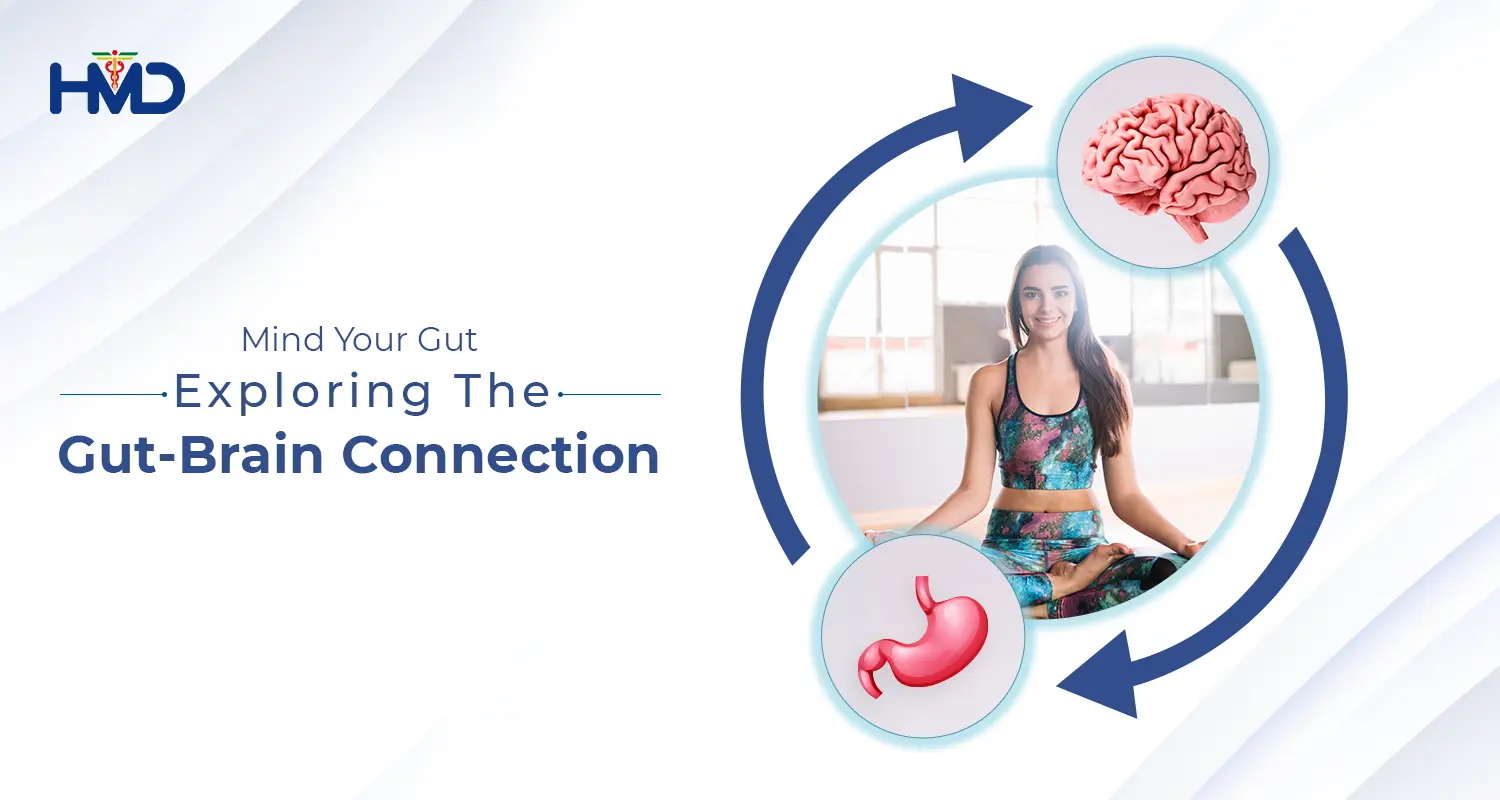
Recent scientific breakthroughs have uncovered an exciting and intricate relationship between the human gut and the brain. This newfound connection has completely transformed our understanding of how these two essential systems interact and influence one another.
The gut, often referred to as the "second brain," plays a critical role in maintaining both physical and mental health. This label stems from the bidirectional communication between the gut and the brain, facilitated by the enteric nervous system and various neurotransmitters.
The Gut-Brain Axis
The gut-brain axis is the term used to describe this remarkable connection. It’s a dynamic two-way communication system where the gut and brain continuously exchange information. Several key elements contribute to this complex interaction:
- The enteric nervous system, sometimes called the "second brain," consists of a vast network of neurons embedded within the walls of the gut. These neurons communicate with the central nervous system via the vagus nerve, creating a vital pathway for gut-brain communication.
- The gut produces neurotransmitters such as serotonin, which not only regulates mood but also impacts appetite and sleep. These chemicals play a significant role in shaping brain activity and behavior.
- The gut microbiome, composed of trillions of bacteria, fungi, and viruses, contributes to digestion and metabolism. However, it also sends signals to the brain through the gut barrier, influencing cognitive processes and emotional states.
The Importance of Digestive Health
Our diet has a profound impact on the gut microbiome. Diets rich in ultra-processed foods, loaded with artificial additives and refined sugars, can harm the delicate balance of gut flora. Over time, this imbalance can lead to gastrointestinal issues and even mental health challenges.
On the flip side, nourishing the gut with nutrient-dense whole foods supports a thriving ecosystem of beneficial bacteria. This, in turn, promotes better brain function and mental clarity, highlighting the interconnected nature of our body's systems.
Why Does the Gut-Brain Connection Matter?
Understanding the gut-brain axis is crucial because it affects nearly every aspect of our health. From mental clarity to immune function, the gut-brain connection plays a pivotal role in maintaining overall well-being. Research suggests that an unhealthy gut microbiome may increase the risk of anxiety, depression, and other neurological conditions.
By prioritizing digestive health through mindful eating, regular exercise, and stress management, we can strengthen this connection. Such efforts can lead to improved mental resilience, reduced inflammation, and enhanced quality of life. In essence, taking care of your gut means taking care of your mind.
d ribose supplement,ribose supplement,S-Adenosyl-L-methionine disulfate tosylate,S-Adenosyl-L-methionine
Jiangxi Chengzhi Bioengineering Co., Ltd , https://www.chengzhi-bio.com